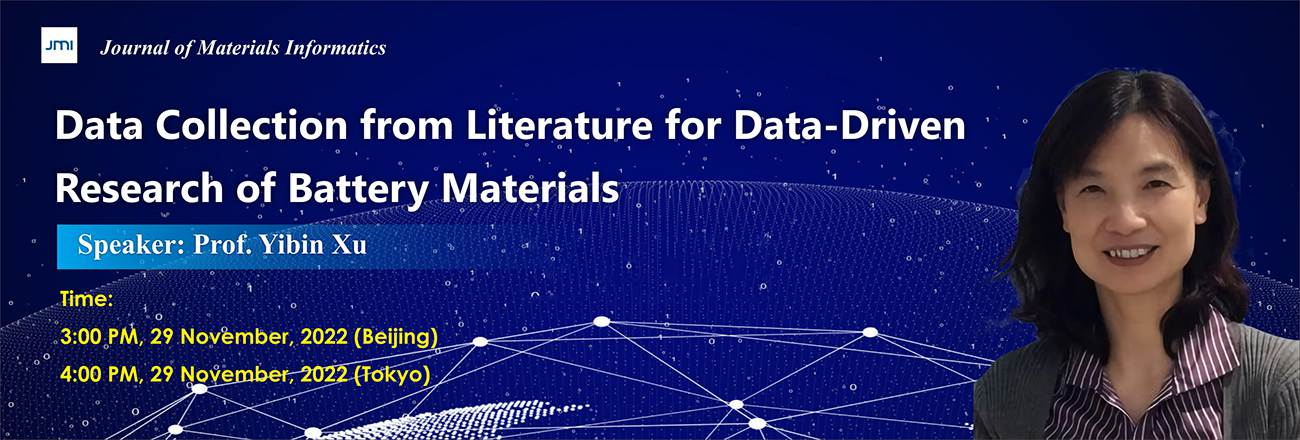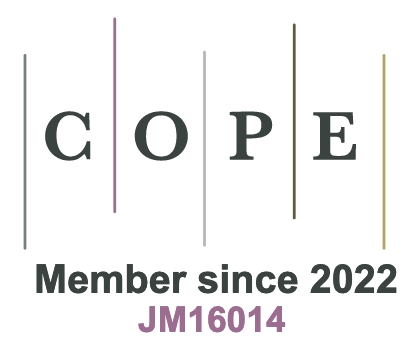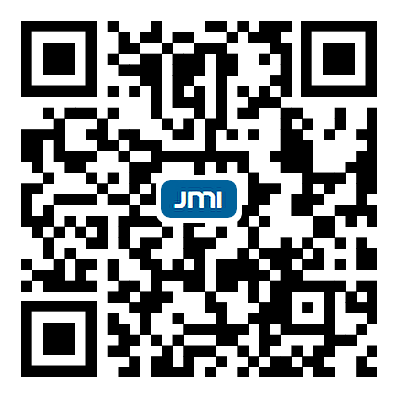Contents
Chair
Prof. Yi Liu
Materials Genome Institute, Shanghai University, Shanghai, China.
Prof. Yi LIU obtained a Ph. D. degree at Materials Science and Engineering at Institute of Metal Research in China in 1997. Then he had worked as a postdoctor or senior researcher in the field of computational materials science at Nagoya University, Japan (1997-2002); Juelich Research Center, Germany (2002-2003); University of Western Ontario, Canada (2003-2005); California Institute of Technology, US (2006-2012). He was appointed as a professor at the School of Materials Science and Engineering, the University of Shanghai for Science and Technology between 2012-2015. Then he moved to Department of Physics and Materials Genome Institute at Shanghai University (2015-present). His current research interests focus on the data-driven materials design by combining machine learning with multiscale computation and high-throughput experiment approaches, applied to high-performance alloys, combustion, nanomaterials, and catalyst.
Speaker
Prof. Yibin Xu
National Institute for Materials Science, Tsukuba, Japan.
Yibin Xu is currently the Deputy Director of Research and Services Division of Materials Data and Integrated System, and the Group Leader of Data-Driven Inorganic Materials Research Group in National Institute for Materials Science (NIMS). She received her Ph.D. in engineering in 1994 at Shanghai Institute of Ceramics, Chinese Academy of Science, and Ph.D. in information science in 2007 at Nagoya University. She has been working in NIMS since 2002, in charge of development of materials databases, meanwhile as a researcher of multi-scale transportation properties from single crystal to complex material systems. Her recent research interests include material big data construction, and machine learning aided design and optimization of functional inorganic materials.
Abstract
Data infrastructure is the fundamental of data-driven materials research. Literature is one of the most important data resources, because a major method to record research data is to publish them as papers since the 19th century. In this work, we try to collect data from literature by text mining and manual extraction for data-driven research of battery materials. Statistics on papers and data related to battery materials will be given. The processes of literature selection, data standardization, and link to existing databases will be introduced and discussed.






